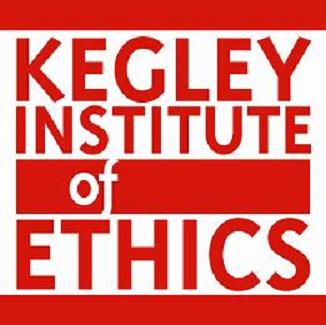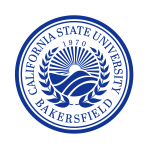Shifting Our Focus on Kinesiology Practices
Submitted by 2023-24 KIE Valley Strong Student Fellow, Paola Calderon
Kinesiology is the study of movement and physical activity. In the world of fitness and nutrition, there are many unethical situations and practices. For example, in one of my fundamental courses, KINE 2000: Introduction to Kinesiology, the class was assigned a case study project regarding ethics. The issues in my project focused on unethical practices in a youth athletic
program. One of the major controversies was if the coach should focus the curriculum on winning or experience. An ethical solution would be for the coach to balance between competitiveness and participation. Focusing on solely promoting one area can decrease youth engagement and learning. The case study sparked my interest for further ethical issues that may arise in kinesiology.
As a KIE student fellow, I chose to create social media content to inform our community of unethical examples in physical education, nutrition, exercise, and supplements. I used my knowledge from the case study to address possible ethical issues that can arise in physical education and how the decisions that coaches make can affect youth. Childhood experiences can shape the future habits of adults. If children have negative experiences with physical activity, it may inhibit them from current and future participation. Therefore, it is critical for physical educators to evaluate their decisions when creating an athletic program.
With social media on the rise, the public can be more susceptible to nutrition misinformation. Such ethical issues include fad diets, health fraud, or misdirected claims. After looking into these issues, I found that media is not the only source of misinformation. On some occasions, misinformation is spread from one person to another. Some examples can be from acquaintances or family. The promotion of exercise and supplements can have unethical issues. False information is often promoted for monetary gain. An ethical solution would be to consult with an experienced professional or research peer-reviewed sources for health information.
For the final social media post, I collaborated with California State University, Bakersfield Kinesiology faculty to share their personal use of professional ethics in their careers. Each faculty member has a distinct area of expertise. After interviewing the faculty, I learned the use of professional ethics in various practices. For research interventions, it is critical to treat your participants as people, not simply research subjects. In athletic training, the privacy of athletes injuries should be a priority regardless of injury severity. In teaching, educators should foster a fair and positive learning environment. In personal training, it would be unethical to create false fitness ideals for your client. Instead, coaches should be honest with fitness goals. From my engagement with faculty, I found that ethical approaches overlap in every area of Kinesiology. As a future physical educator, I will prioritize honesty, privacy, and fairness to create positive social experiences.





